Have you ever looked in the mirror and noticed a white coating on your tongue? While a white tongue is usually harmless, it can be unsightly and indicate an underlying health condition. In this article, we'll explore what white tongue is, what causes it, and what you can do to treat or prevent it.
What Is White Tongue?
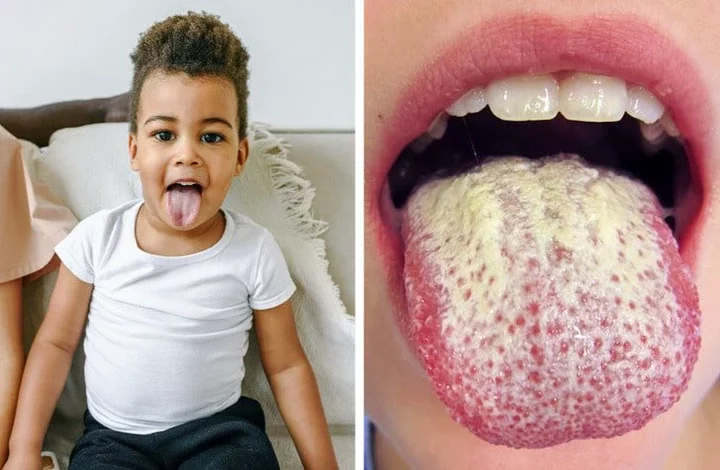
A white tongue, also known as a coated tongue, is a condition in which the surface of the tongue appears white or yellowish due to the accumulation of dead cells, bacteria, and food debris. Normally, the tongue has a pinkish hue and a rough texture that helps with taste and speech.
However, when the tongue is coated, it may look and feel fuzzy, slimy, or dry. The coating can vary in thickness, texture, and location, ranging from a thin film on the tip to a thick layer on the entire surface.
What Causes White Tongue?
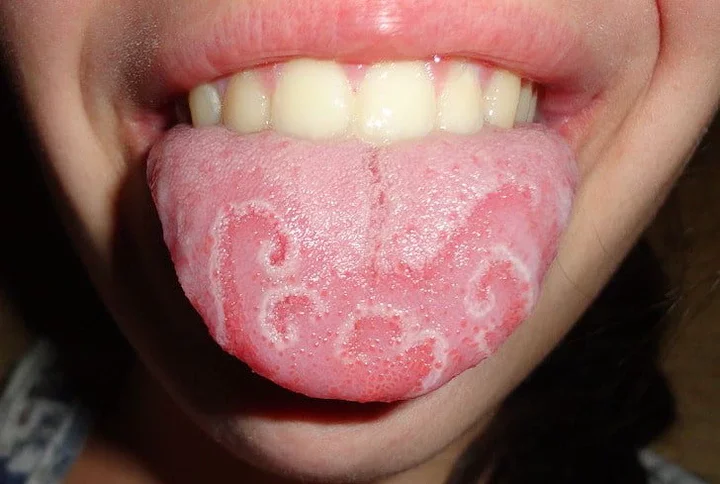
Several factors can contribute to the development of the white tongue, including:
Poor oral hygiene: If you don't brush your teeth and tongue regularly or use a tongue scraper, bacteria can build up and form a biofilm on the tongue. This biofilm can trap food particles, dead cells, and other debris, leading to a white coating.
Mouth breathing: When you breathe through your mouth instead of your nose, you reduce the amount of saliva that moistens and cleanses your mouth. This can create a dry environment that favors the growth of bacteria and fungi, which can cause a white coating.
Dehydration: If you don't drink enough water or lose fluids through sweating, vomiting, or diarrhea, your mouth can become dry and your tongue can become coated.
Smoking: Tobacco smoke can irritate the oral tissues and reduce the blood flow to the tongue, making it more susceptible to infections and discoloration.
Oral thrush: This is a fungal infection that can affect the tongue, mouth, and throat, especially in people with weakened immune systems, diabetes, or taking antibiotics or steroids.
Geographic tongue: This is a benign condition in which the tongue has irregular, smooth, and red patches that can resemble a map. The patches can sometimes be coated with a white or yellowish film.
Other conditions: Certain medical conditions, such as HIV, syphilis, leukoplakia, and oral cancer, can cause white patches on the tongue or other parts of the mouth. These conditions usually have other symptoms and require medical attention.
What Are the Symptoms of White Tongue?
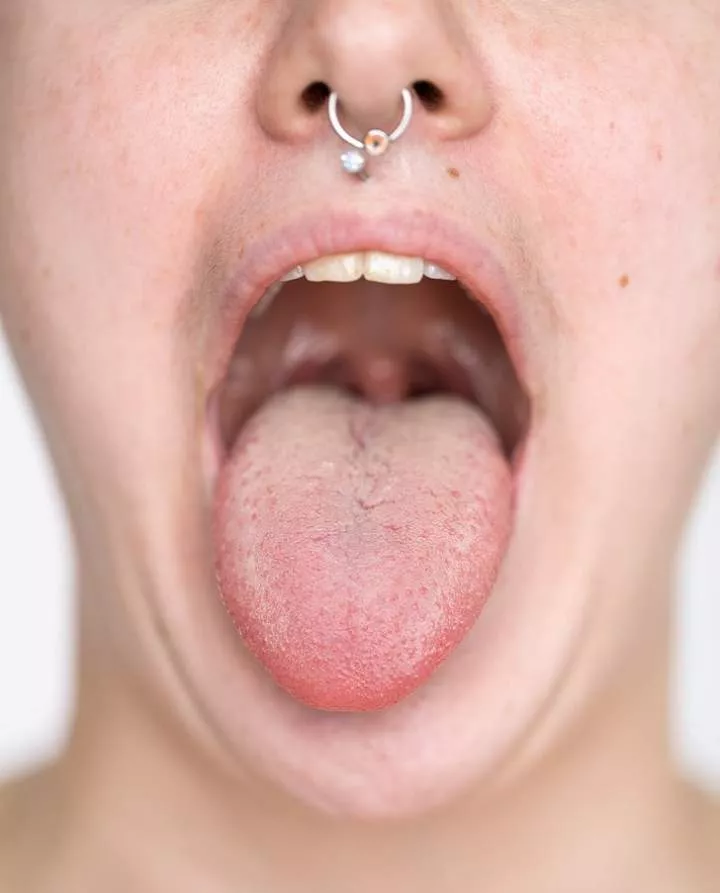
White tongue is a condition where the tongue appears coated or covered with a white layer, often caused by an overgrowth of bacteria, fungi, or dead cells. The symptoms of the white tongue may include:
The white or yellowish coating on the tongue
Bad breath or an unpleasant taste in the mouth
Soreness or burning sensation on the tongue
Difficulty swallowing or a feeling of something stuck in the throat
Redness or inflammation of the tongue
Dryness of the mouth or a reduced sense of taste.
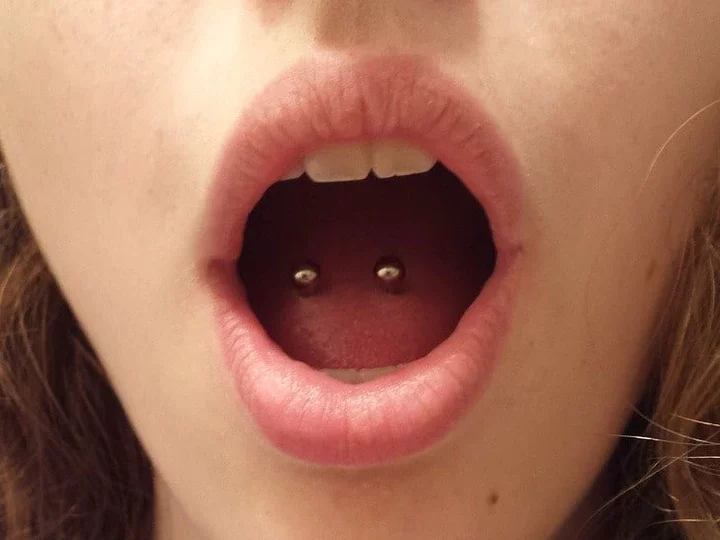
It is important to note that a white tongue can be a symptom of an underlying health condition, such as oral thrush, leukoplakia, or oral cancer, so if you experience a persistent white tongue, you should consult a healthcare professional for an accurate diagnosis and treatment.
How to get rid of the white tongue at home
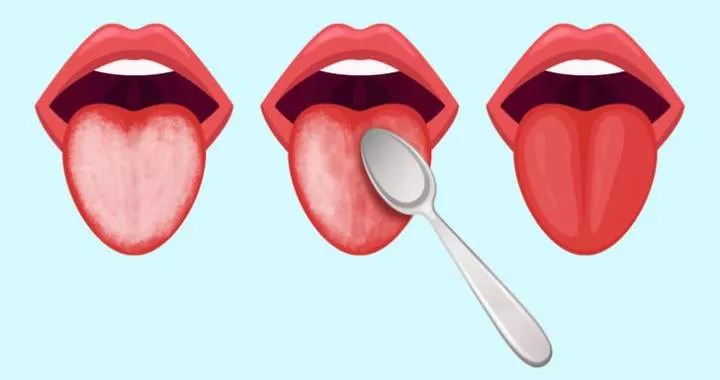
If you have a white tongue, there are several home remedies you can try to help get rid of it:
Proper Oral Hygiene: Brush your teeth and tongue twice a day with a soft-bristled brush and fluoride toothpaste. You can also use a tongue scraper to remove any accumulated bacteria or dead cells on your tongue.
Saltwater Rinse: Mix 1 teaspoon of salt in a cup of warm water and rinse your mouth with it. This can help to reduce bacteria and remove the white coating on your tongue.
Oil Pulling: Swish a tablespoon of coconut oil in your mouth for 10-15 minutes and spit it out. This can help to remove bacteria and fungus from your mouth, including your tongue.
Probiotics: Incorporate foods high in probiotics, such as yogurt, kefir, or sauerkraut, into your diet. This can help to restore the natural balance of bacteria in your mouth and prevent the overgrowth of harmful bacteria.
Hydration: Drink plenty of water throughout the day to keep your mouth hydrated and reduce the buildup of dead cells on your tongue.
However, if your white tongue persists despite these home remedies or is accompanied by other symptoms such as pain or difficulty swallowing, you should consult a healthcare professional for further evaluation and treatment.

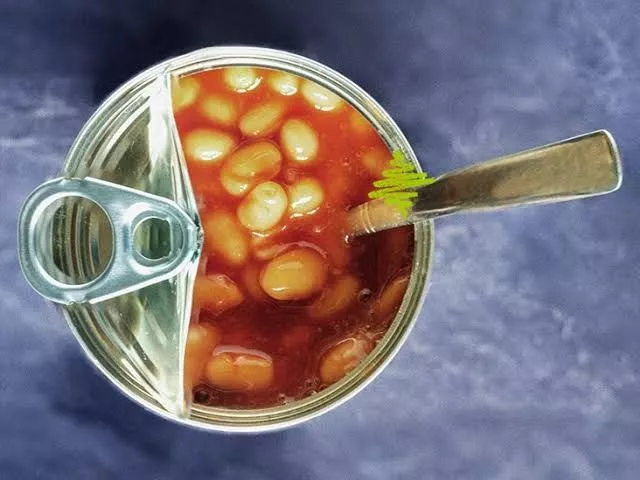
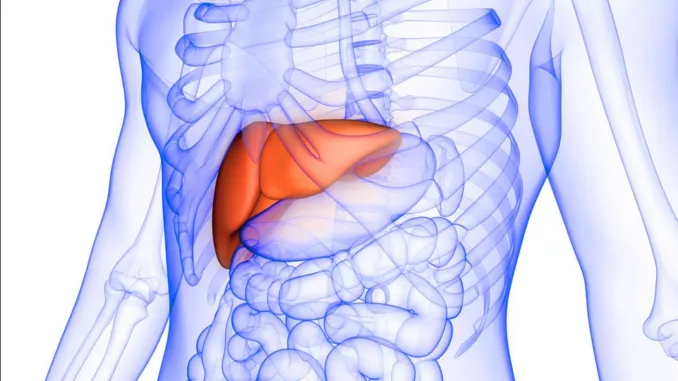
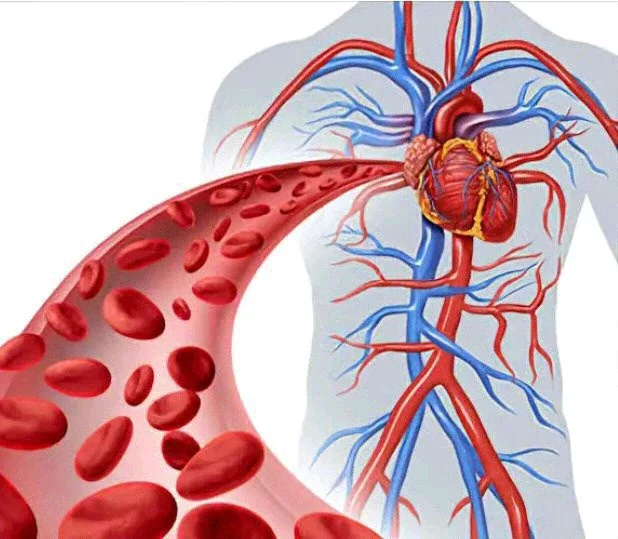
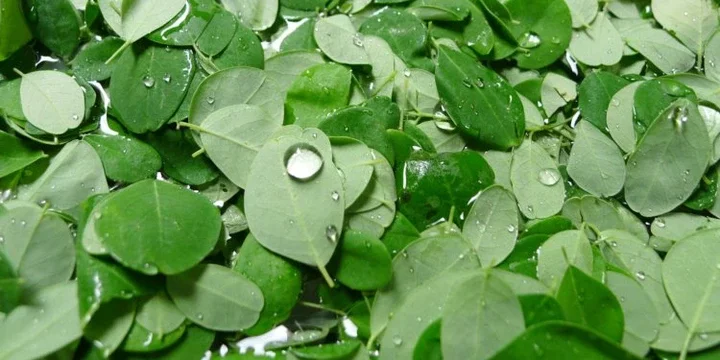
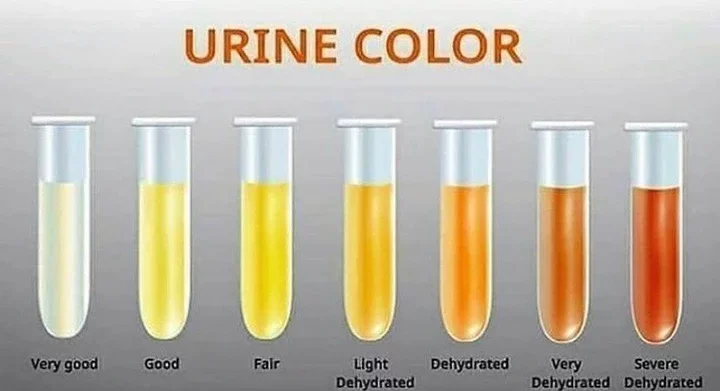











Comments